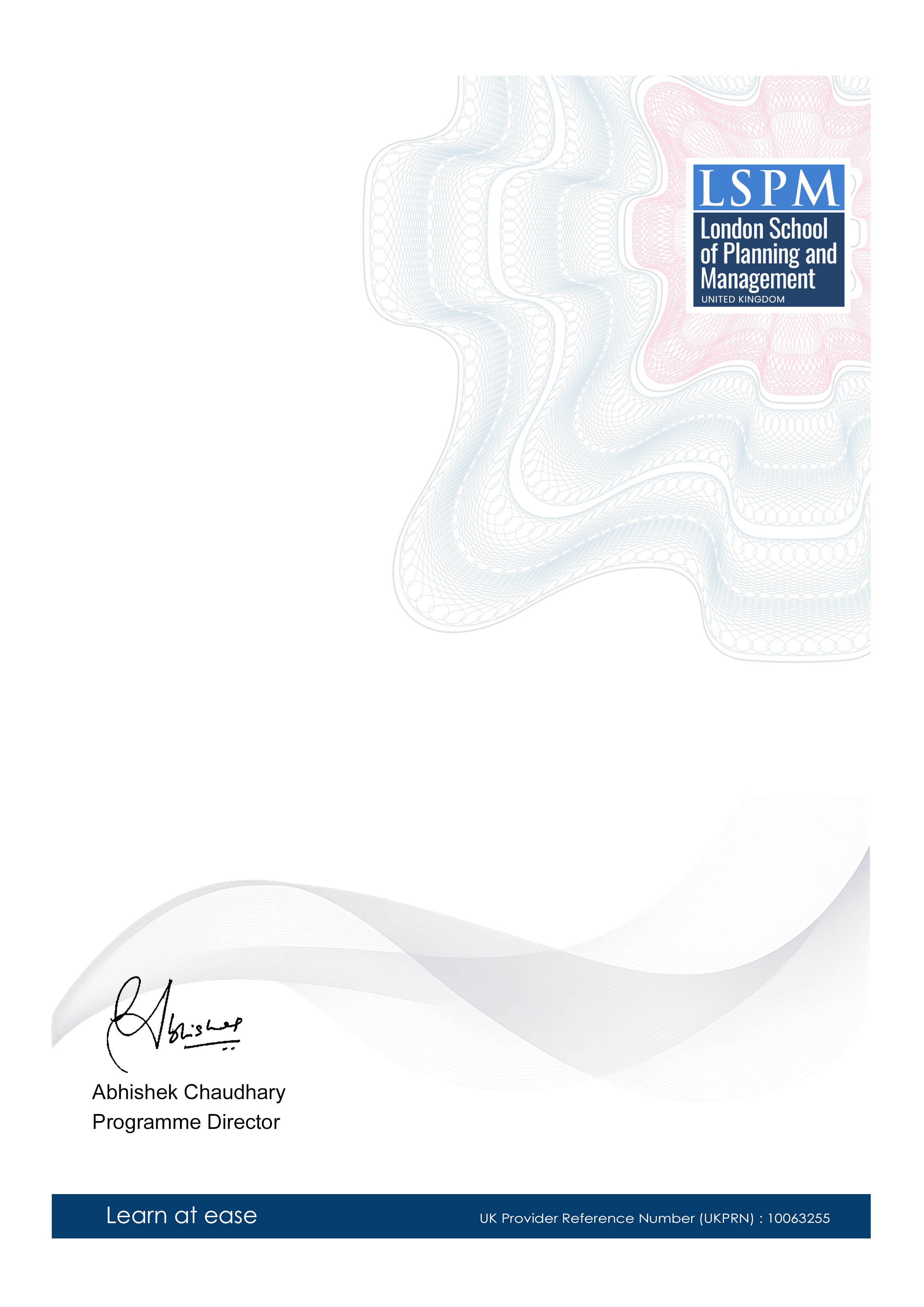Advanced Certificate in Fish Stock Assessment Techniques for Fisheries Scientists
-- viewing nowThe Advanced Certificate in Fish Stock Assessment Techniques is a comprehensive course designed for fisheries scientists. This program emphasizes the importance of sustainable fishing practices and the conservation of marine ecosystems.
4,336+
Students enrolled
GBP £ 149
GBP £ 215
Save 44% with our special offer
About this course
100% online
Learn from anywhere
Shareable certificate
Add to your LinkedIn profile
2 months to complete
at 2-3 hours a week
Start anytime
No waiting period
Course details
• Advanced Fish Population Dynamics: Understanding fish population dynamics is crucial for effective fish stock assessment. This unit covers advanced topics such as population growth models, recruitment, survival, and mortality rates.
• Fish Stock Assessment Models: This unit delves into the various statistical models used in fish stock assessment, including virtual population analysis (VPA), surplus production models, and integrated assessment models.
• Fisheries Data Analysis: Students will learn advanced techniques in data analysis, including time series analysis, variance components, and generalized linear mixed models, to analyze and interpret fisheries data.
• Fisheries Sampling Design and Methods: This unit covers the principles of sampling design and methods used in fisheries research, including traditional and modern techniques such as trawl surveys, acoustic surveys, and remote sensing.
• Fish Biology and Ecology: This unit focuses on the biology and ecology of fish species, including reproductive biology, feeding ecology, and habitat requirements, to inform fish stock assessment.
• Fisheries Management and Conservation: This unit covers the principles of fisheries management and conservation, including sustainable fishing practices, fisheries policy, and the role of fish stock assessment in managing fisheries.
• Advanced Fisheries Economics: This unit covers advanced topics in fisheries economics, including the economic value of fisheries, economic impact analysis, and cost-benefit analysis, to inform decision-making in fisheries management.
• Fisheries Statistical Methods: This unit covers advanced statistical methods used in fisheries research, including Bayesian methods, hierarchical modeling, and multivariate analysis, to analyze and interpret fisheries data.
• Fish Stock Assessment Software: This unit introduces students to the various software tools used in fish stock assessment, including R, MATLAB, and Stock Synthesis, to perform data analysis and modeling.
Career path
Entry requirements
- Basic understanding of the subject matter
- Proficiency in English language
- Computer and internet access
- Basic computer skills
- Dedication to complete the course
No prior formal qualifications required. Course designed for accessibility.
Course status
This course provides practical knowledge and skills for professional development. It is:
- Not accredited by a recognized body
- Not regulated by an authorized institution
- Complementary to formal qualifications
You'll receive a certificate of completion upon successfully finishing the course.
Why people choose us for their career
Loading reviews...
Frequently Asked Questions
Skills you'll gain
Course fee
- 3-4 hours per week
- Early certificate delivery
- Open enrollment - start anytime
- 2-3 hours per week
- Regular certificate delivery
- Open enrollment - start anytime
- Full course access
- Digital certificate
- Course materials
Get course information
Earn a career certificate

